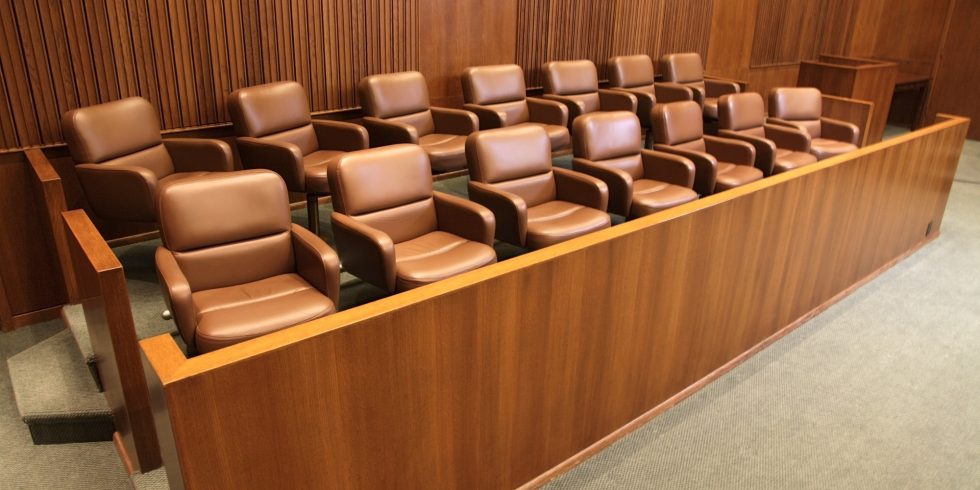A legal trial is a theatre of truth. The stage is set for the grand play where facts are unmasked, credibility is questioned, and ultimately, the truth is sought. The effectiveness of this quest hinges largely on the reliability of the cast – the witnesses. But what happens when a witness’s testimony is dubious? This is where the concept of ‘witness impeachment’ comes into play. Often surrounded by mystery and intrigue, witness impeachment is a tool that can break or make a case.
Decoding Witness Impeachment: A Definition
Witness impeachment refers to the process by which a party in a legal proceeding challenges the credibility or veracity of a witness. In essence, it is a tool to bring forth inconsistencies, inaccuracies, or dishonesty in the testimony of a witness. The idea behind witness impeachment is to expose questionable aspects of a witness’s testimony, therefore allowing the court or jury to assess the overall reliability of that witness.
Witness Impeachment: A Legal Overview
The rules governing witness impeachment are rooted in the Federal Rules of Evidence (FRE) and may vary slightly among different jurisdictions. The FRE provides the overarching framework and identifies the acceptable grounds for impeachment.
Grounds for Impeachment
Prior Inconsistent Statements (FRE 613)
If a witness has made statements at a different time that contradict the current testimony, it opens an avenue for impeachment. This inconsistency casts a shadow on the credibility of the witness.
Character for Untruthfulness (FRE 608)
The character of the witness plays a crucial role in assessing their credibility. If there is substantial proof that a witness has a propensity for dishonesty or untruthfulness, their testimony can be impeached.
Prior Convictions (FRE 609)
Certain types of prior convictions, especially those related to dishonesty or false statements, can be used to impeach a witness.
Contradiction by Other Evidence
When other substantive evidence contradicts a witness’s testimony, impeachment can occur. This might include other testimonies, physical evidence, or documents.
Impeachment by Omission
A witness can be impeached if they fail to mention a fact during a deposition but bring it up during the trial. The credibility of the witness is called into question, as it appears they are making up facts to suit their case.
Principles Governing Impeachment
Impeachment, while a powerful tool, must follow certain guiding principles to prevent misuse and ensure a fair trial.
Relevance Rule
Impeachment evidence must be relevant to the case at hand. It should have a direct bearing on the case’s facts or the witness’s credibility. Irrelevant or frivolous impeachment is disallowed.
Prejudice Vs. Probative Value
According to FRE 403, the impeachment evidence’s probative value should not be substantially outweighed by the risk of undue prejudice. This balance helps ensure the fairness of the trial.
Direct and Cross Examination
Direct examination by the party who has called the witness does not usually involve impeachment. Impeachment primarily occurs during cross-examination.
Right to Confrontation
The Sixth Amendment gives the accused the right to confront and cross-examine the witnesses against them. This right includes the ability to impeach the witness.
Conclusion
Witness impeachment is a strategic element of trial proceedings, designed to scrutinize the veracity of testimonies and uphold justice. Understanding its definition and the legal framework that governs it is crucial for lawyers, scholars, and anyone interested in the intricate workings of the legal system. It’s important to remember that while impeachment is a tool to challenge credibility, it is not a weapon for personal attack or unnecessary character assassination. Its ultimate goal is to unmask the truth, support fairness, and contribute to the delivery of justice. Like every tool in the legal arsenal, its power lies in its judicious use.
